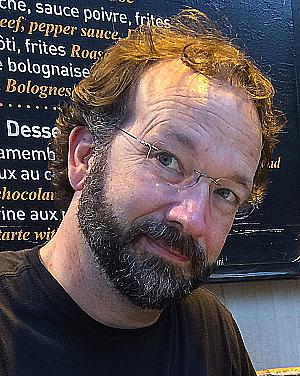Hojoki, A Hermit's Hut as Metaphor
Description
Vocal Characteristics
Language
EnglishVoice Age
Middle Aged (35-54)Accents
North American (General)Transcript
Note: Transcripts are generated using speech recognition software and may contain errors.
Oh, jokey prologue. The flow of the river never ceases, and the water never stays the same. Bubbles float on the surface of pools bursting, reforming, never lingering. They're like the people in this world and their dwellings. The high and low build fine houses buying for pre eminence in our gilded capital, one might think their eternal. But ask around and you'll find those with a long history are rare indeed. Great houses fade away, ultimately replaced by lesser ones. The same goes for people. The city and its crowd seem eternal. And yet, of the 20 or 30 people I knew long ago, Onley one or two are still around. They are like the bubbles on the water, emerging at dusk and bursting before dawn. People die as others air born. I know not where they go. A master is to his house what the do is to the morning glory, which will be the first to fade. Sometimes the dew evaporates while the flower remains. But the flower will surely wilt under the rays of the morning sun, and yet sometimes the do remains clinging to a shriveled pedal. No matter, the do will surely vanish by evening.
